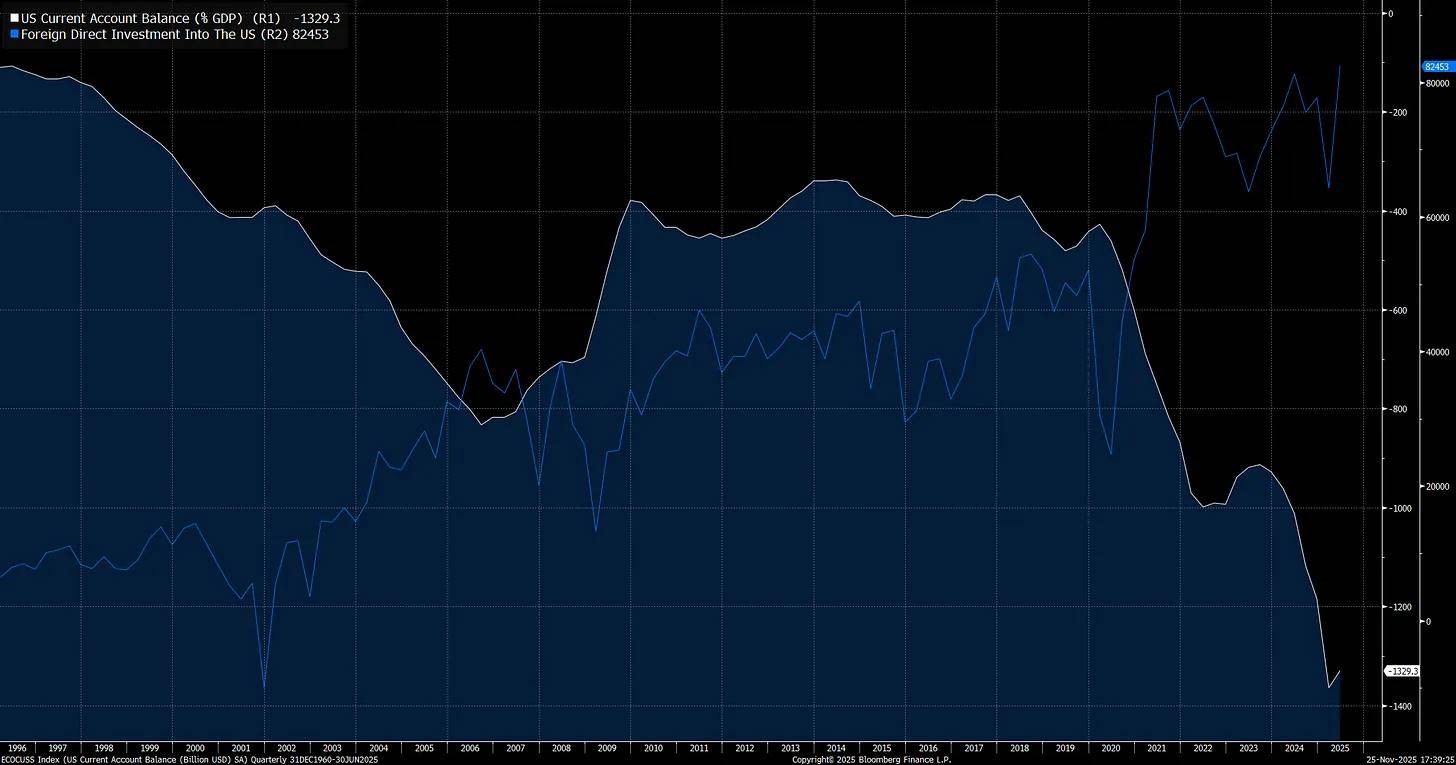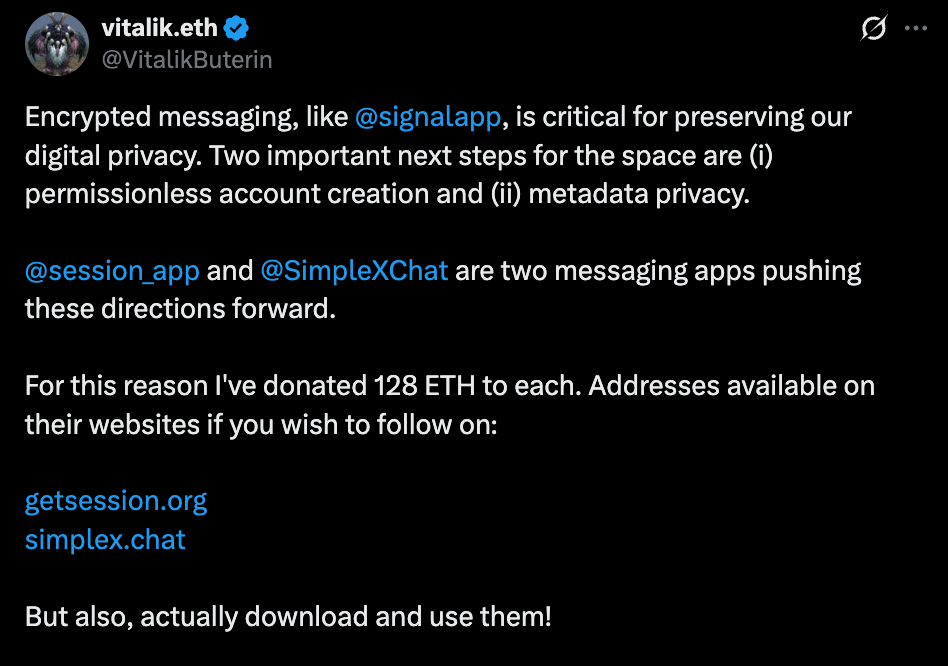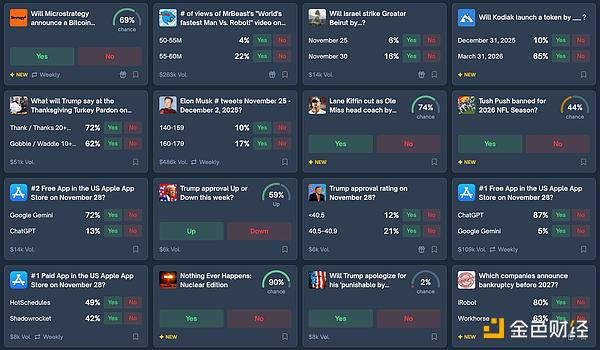Blockchain's New Frontier: Ethereum's Resilience, Chainlink's Momentum, and BlockDAG's Disruption
- Ethereum solidifies institutional adoption with $23B ETF assets and 112B TVL in DeFi, despite gas fee challenges and Layer 2 competition. - Chainlink dominates oracle infrastructure with 61.5% market share, securing $93B TVS through partnerships with JPMorgan and Mastercard. - BlockDAG disrupts scalability with 15,000 TPS and $383M presale, targeting $1 price by 2026 via energy-efficient DAG-PoW architecture. - Investors balance Ethereum's stability (35.4% 2025 return), Chainlink's trust infrastructure,
The decentralized economy is undergoing a seismic shift, driven by technological innovation and institutional adoption. As investors navigate this evolving landscape, three assets—Ethereum, Chainlink , and BlockDAG—stand out as pivotal forces shaping the next bull cycle. Each represents a distinct facet of blockchain's potential: Ethereum's foundational resilience, Chainlink's infrastructure dominance, and BlockDAG's disruptive scalability. Together, they offer a roadmap for capitalizing on the decentralized future.
Ethereum: The Bedrock of Institutional Adoption
Ethereum's 2025 performance underscores its role as the backbone of decentralized finance (DeFi) and institutional-grade blockchain infrastructure. Despite a 30-day volatility rate of 9.77%, the network's technical and on-chain fundamentals remain robust. A 18.66% price surge in August 2025, supported by a “golden cross” in moving averages and a staking APY of 4.5–5.5%, highlights its appeal to long-term investors.
Institutional confidence is further evidenced by $23 billion in Ethereum ETF assets managed by BlackRock and Fidelity, alongside $150 billion in staked ETH. The SEC's reclassification of ETH as a utility token in Q2 2025 has unlocked new capital flows, with on-chain data showing 1.2 million ETH withdrawn from exchanges—a sign of shifting from speculative trading to ecosystem participation.
However, Ethereum's dominance faces challenges. Gas fees remain a barrier for microtransactions, and Layer 2 solutions like Arbitrum and Optimism now handle 69% of Ethereum's network activity. While Ethereum's TVL of $112 billion in DeFi remains unmatched, its 5.4% year-over-year transaction growth lags behind Polygon's 35.7%.
Chainlink: The Oracle of Institutional Trust
Chainlink (LINK) has emerged as the linchpin of on-chain finance, securing $93 billion in total value secured (TVS) across 60+ blockchains. Its oracle network's 61.5% market share is a testament to its reliability, even as it navigates the complexities of real-world asset (RWA) tokenization.
Strategic partnerships with JPMorgan , UBS , and Mastercard have cemented Chainlink's role in bridging traditional finance and blockchain. For instance, a cross-chain Delivery versus Payment (DvP) transaction with JPMorgan and Ondo Finance demonstrated the feasibility of institutional-grade tokenized asset settlements. Meanwhile, Mastercard's integration of Chainlink's oracles enabled on-chain crypto purchases via 3.5 billion cards, expanding blockchain's reach to mainstream consumers.
The Chainlink Reserve's $1 million purchase of 150,770 LINK tokens and whale accumulations of $27 million signal growing institutional confidence. However, risks persist: data integrity vulnerabilities and price volatility could hinder adoption. Analysts project a $27.8 price target for LINK in 2025, but sustained growth will depend on maintaining its first-mover advantage in oracle infrastructure.
BlockDAG: The Catalyst for Scalability
BlockDAG (BDAG) is redefining blockchain's scalability equation with its hybrid Directed Acyclic Graph (DAG) and Proof-of-Work (PoW) architecture. By processing 15,000 transactions per second (TPS)—far outpacing Ethereum's 15–30 TPS—BlockDAG addresses the scalability bottleneck that has long plagued legacy networks.
BlockDAG's energy efficiency (70% lower than traditional PoW) and community-driven mining via the X1 Miner app (2.5 million active users) further enhance its appeal. Partnerships with Inter Milan and the Seattle Orcas signal its potential to disrupt global sports and entertainment ecosystems. Analysts project a $1 price target by 2026, driven by demand from miners, developers, and institutional investors.
Strategic Implications for Investors
The interplay between Ethereum, Chainlink, and BlockDAG reflects the decentralized economy's maturation. Ethereum's institutional adoption and deflationary dynamics provide stability, while Chainlink's oracle infrastructure ensures trust in on-chain data. BlockDAG, with its scalability, offers a high-risk, high-reward bet on the next phase of blockchain innovation.
For investors, a balanced approach is key. Ethereum's 35.4% projected return for 2025 and its role in ETFs make it a core holding. Chainlink's $93 billion TVS and institutional partnerships justify a satellite position. BlockDAG, meanwhile, should be treated as a speculative catalyst—its potential 150x ROI (as seen in altcoins like RTX) comes with significant volatility.
The Federal Reserve's dovish pivot and the inclusion of cryptocurrencies in U.S. 401(k) plans further tilt the playing field in favor of blockchain assets. However, macroeconomic risks—such as a Fed reversal or regulatory crackdown—remain. Diversification across these three pillars of innovation can help mitigate such risks while capturing the upside of a decentralized future.
In the end, the next bull cycle will belong to those who recognize that blockchain is not just a technology but a paradigm shift. Ethereum, Chainlink, and BlockDAG are not isolated assets; they are interconnected gears in the machine of a new financial ecosystem. For investors with the patience to ride the waves and the foresight to spot the tides, the rewards could be transformative.
Disclaimer: The content of this article solely reflects the author's opinion and does not represent the platform in any capacity. This article is not intended to serve as a reference for making investment decisions.
You may also like
Interview with VanEck Investment Manager: From an Institutional Perspective, Should You Buy BTC Now?
The support levels near $78,000 and $70,000 present a good entry opportunity.

Macroeconomic Report: How Trump, the Federal Reserve, and Trade Sparked the Biggest Market Volatility in History
The deliberate devaluation of the US dollar, combined with extreme cross-border imbalances and excessive valuations, is brewing a volatility event.

Vitalik donated 256 ETH to two chat apps you've never heard of—what exactly is he betting on?
He made it clear: neither of these two applications is perfect, and there is still a long way to go to achieve true user experience and security.

Prediction Market Supercycle
